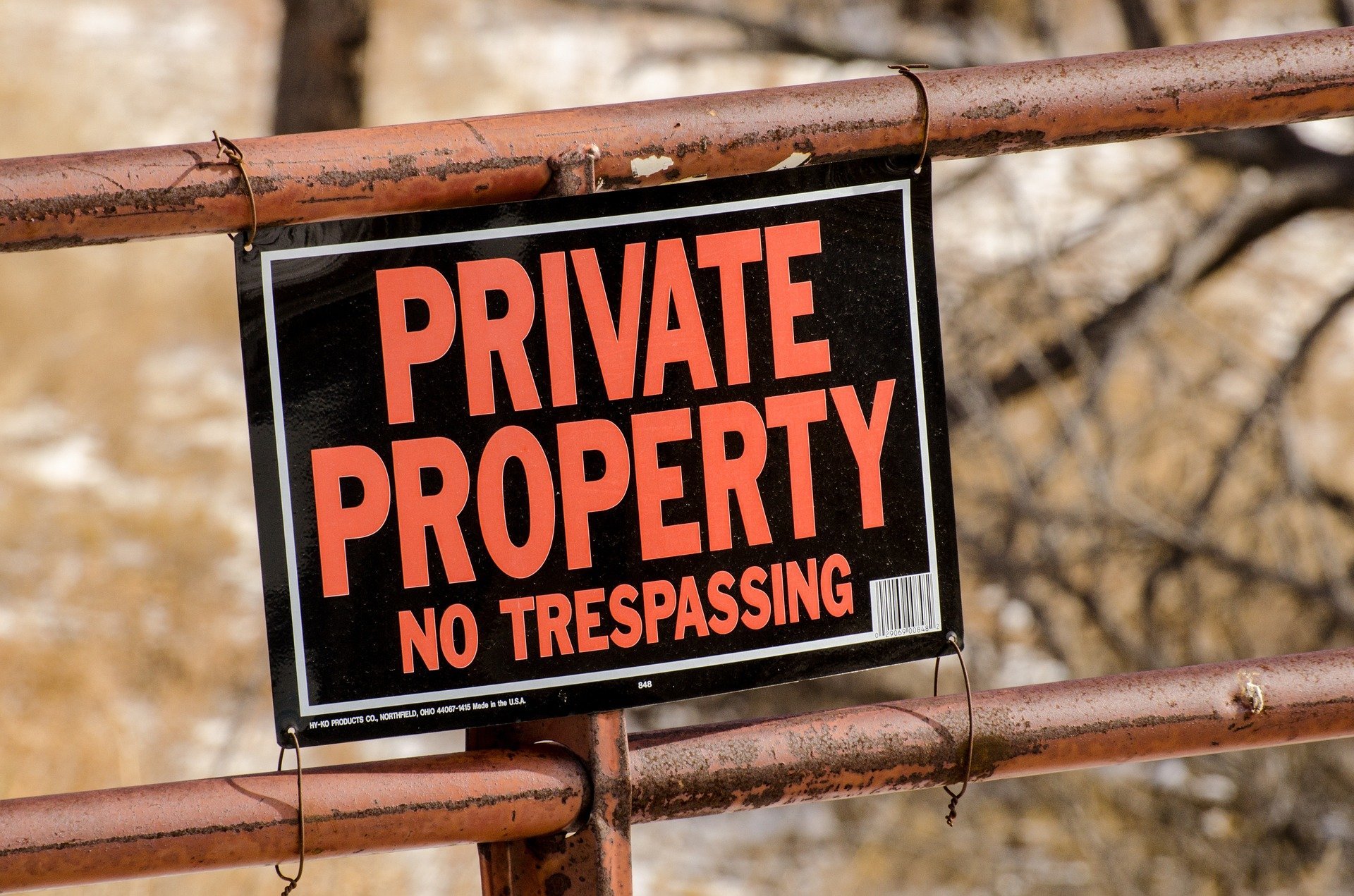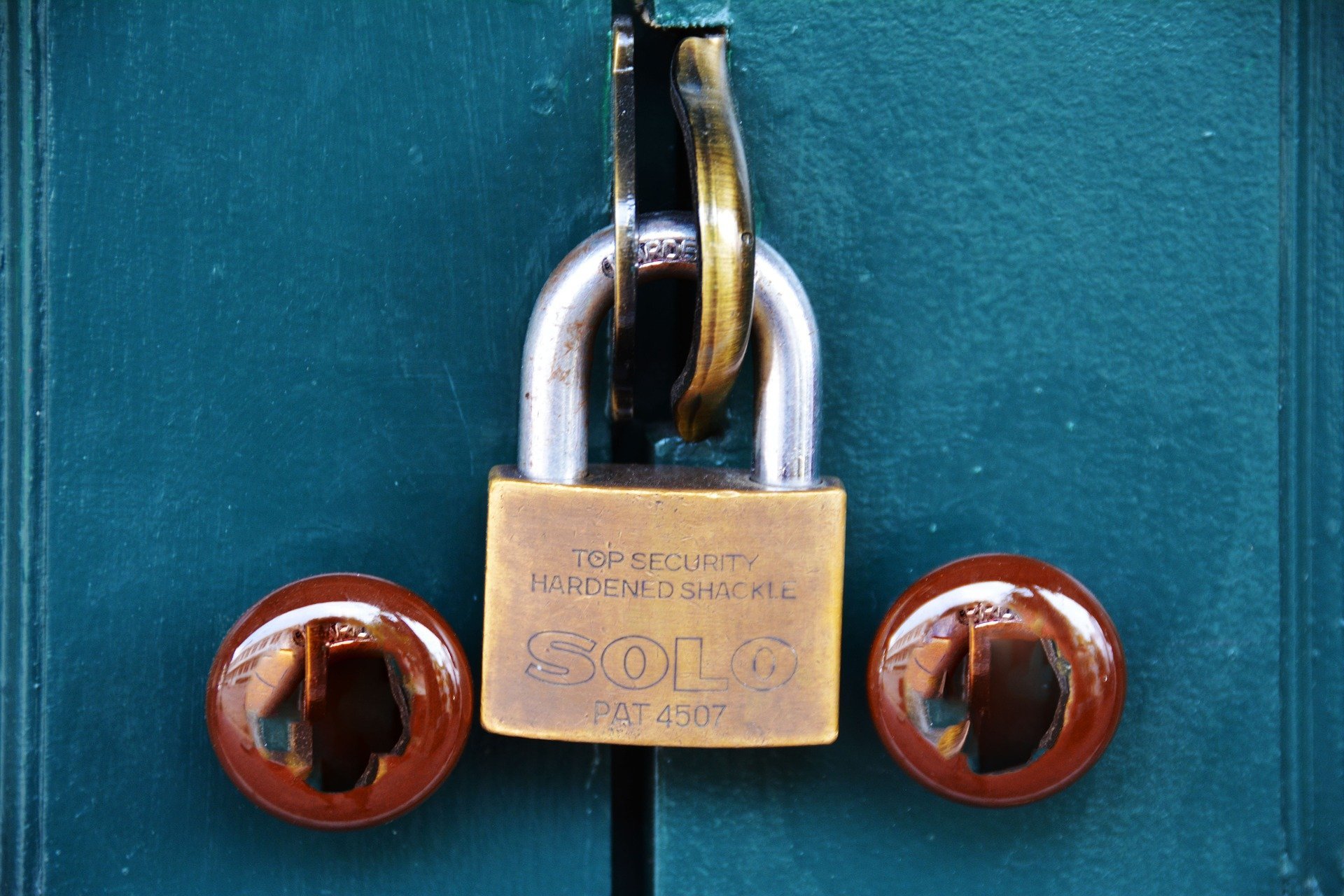
Any vacant property is vulnerable to squatters, whether it’s a commercial warehouse, disused office or empty private residence. Returning to a building to find that it has been taken over by squatters (particularly if they are refusing to leave) is a nightmare for property owners, and can often leave people struggling to know what to do. Luckily, armed with the right knowledge, squatter eviction can be relatively straightforward, if not entirely stress free. If you are leaving a property empty and unattended for any length of time, read up on how to prepare for potential squatters.
Preventing Access
The laws around squatting are complex, but one thing is clear: if a person has forced entry into a property then it is a criminal matter and the police can be called. However, unless it’s clear who the perpetrator is, evidence of a break-in (like forced locks or broken windows) may not be sufficient for the police to make an arrest. If a squatter is able to gain access without using force, you have a much bigger problem, as squatting is not a criminal offence in itself.
To save a lot of headaches, your best bet is to make sure the perimeter and any access points into the building are as secure as you can make them. There are several steps you can take to secure a residential property, but it’s most important that all doors, windows and gates are closed and locked. Don’t forget cat flaps / doggy doors and garages, if they are attached to your home.
Commercial properties are not always designed to be so secure, and don’t tend to benefit from the residential neighbours keeping an eye out for unusual activity. Once you have checked that the exterior is in generally good order, you might want to consider more robust prevention methods like steel doors, Sitex security screens and even a patrolling guard to keep the building safe.
The majority of squatters are opportunists, so the more you can visibly demonstrate the protection of your building, the less likely they are to target it.
First Action

Upon discovering squatters, the first step you should take is to inform them that you are the property owner, and request that they leave. In some cases, this will be enough to make them move on. Most likely, it will simply open the conversation for you to inform them that formal eviction proceedings will begin if they do not leave by their own volition.
Again, if you can see evidence of a crime – forced entry, criminal damage etc. – then you have a legal case and can call the police.
Forced Squatter Eviction
There are certain circumstances in which squatters may be quickly removed for committing a criminal act; for example, if your property is actually occupied, or about to be occupied. For a disused building, including commercial property, you will need a court order for their removal. Forcibly evicting squatters (or even threatening to do so) without a court order is a criminal offence on your part.
Accessing the Property
While the property is inhabited – even by squatters – it is not advised that you enter. Firstly, because forcing your way in will be considered a criminal act. Secondly, even if you can make peaceful entry (via an unlocked door or by invitation), trespassers may accuse you of threatening behaviour, assault or attempted forced removal. Always bring a witness or record conversations you have with the squatters.
How soon can squatters be moved?

Obtaining a court order can take several days, which may not be ideal. If the squatters then fail to acknowledge or respond to the order (by leaving), then you would also need to appoint a bailiff and have them attend the property, which may take weeks. If you need urgent access to the property then this option may not be suitable.
In the latter situation, gaining a court order can be a lengthy process that may take a number of days. It’s also true that the squatters could then potentially ignore this court order which would mean you would need to have a bailiff sent to the property in order to regain possession which could take a number of weeks. This has the potential to be enormously frustrating, especially if you have a need to get into the property urgently.
Quicker access is possible through an interim possession order, providing that the property meets certain criteria. It can be obtained faster than a court order, however you will likely pay significantly more for it.
The process of managing squatters is not as complicated as you may have thought, however the stress and expense of removing and cleaning up after squatters is worth avoiding at all costs. Keep your empty building secure, and you’ll have nothing to worry about while you’re gone.
- Is It Bad To Buy a Flat Instead of Renting? - February 20, 2023
- If You Buy a UK House at Auction, When Do You Pay? - February 15, 2023
- Why Are Houses in the UK So Overpriced? - February 7, 2023


